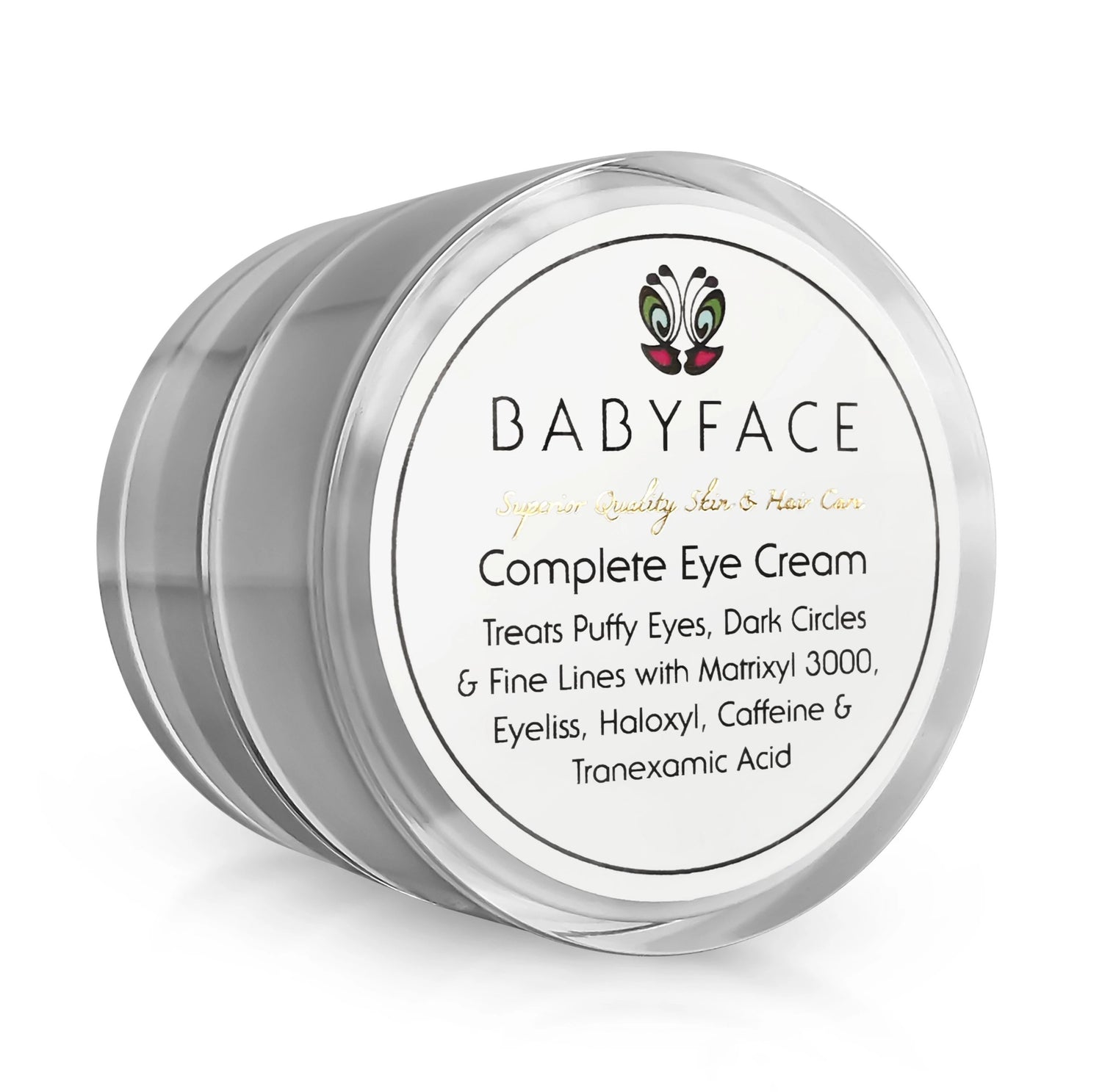How To Use Retinol For Younger Looking Skin
Giorgia G.Share

The rumors are true: retinol CAN fade away your wrinkles.
Sure, it doesn’t work overnight (what does?) but you can spot a retinol face a mile away. Women who use retinol have smoother skin. A more even-toned complexion. Fewer wrinkles (they’re less deep, too).
Want to join them and get on the retinol train to younger-looking skin, too? Here’s how to use retinol the right way in your skincare routine:
What’s Retinol And Why Is It Good For Skin?
Retinol, an OTC form of Vitamin A, is an anti-aging superstar that tackles wrinkles on all fronts:
- It destroys free radicals before they have the chance to form wrinkles on your face
- It boosts the production of collagen, the protein that keeps skin firm
- It speeds up cellular turnover, i.e. the skin’s natural exfoliating process
In plain English, this means retinol can smooth out your skin’s texture. Prevent and reduce wrinkles. Firm your skin. While it’s at it, it also fades away dark spots and reduces the look of pores.
Seriously, is there anything it can’t do?
Sounds Too Good To Be True. Are There Any Side Effects?
Yes… Retinol is a very powerful ingredient. And like all powerful weapons, it must be handled with care.
If you’ve never used retinol before, your skin needs to get used to it. Until then, you may experience irritation, flakiness and redness.
I say “may” because there are ways to minimize the potential irritation. One simple trick is to start small: use retinol only once or twice a week at first and build up frequency gradually. Moisturize well afterwards to counteract any dryness. And, most importantly, choose products with microencapsulated retinol (more on this in the next section).
How Do You Choose A Retinol Product?
Here’s where it gets tricky: not all retinol products are born equal. Some are more effective and less irritating than others. Here’s how to spot a good one:
- Packaging matters: retinol degrades, i.e. loses a bit of its effectiveness every time it’s exposed to light and air. Avoid anything that comes in jars and opt for airtight, opaque tubes and bottles instead.
- Texture is key: as a rule, serums have a higher concentration of retinol and can more easily penetrate skin. But if your skin is dry or sensitive, opting for retinol in cream form is best. It’ll provide the same anti-aging benefits and the extra moisture you need to prevent dryness and flakiness.
- Opt for microencapsulation: microencapsulated retinol is coated to protect it from heat and air so it lasts longer. But it has another, more important, benefit: instead of hitting your skin all at once, microencapsulated retinol is delivered over a period of several hours. This greatly reduces the risk of irritation without compromising on results. (P.S. Our Night Renewal Cream contains 2.5% microencapsulated retinol).
How Do You Use A Retinol Product?
Here’s the deal: you can’t just pick a retinol product and put it on your skin. It’s a little more complicated than that… at least if you want maximum benefits. And you do, right?
Here are a few tricks that’ll help you make the most of your retinol:
- Use it at night: retinol can make skin more prone to sun damage (ironic since it helps to treat it, right?) so put it on when the sun has gone to bed.
- Use it after cleansing and toning: retinol penetrates skin way more easily when it doesn’t have to get through 5 layers of skincare products. Make it the first thing that goes on clean skin (exception: if your retinol is in a heavy cream form, you can apply a lightweight serum first - one, not ten).
- Use it on the neck too: your neck ages way faster than your face. Whenever you use retinol, slather a little amount on your neck as well so it won’t betray your real age.
- Moisturize: retinol can be drying on the skin, especially if it’s new to it. Make sure to moisturize your skin well afterwards to keep the dryness at bay.
- Use sparingly: a pea-sized amount is all you need. When it comes to retinol, the more you use, the more irritating it gets. Small doses work well and without side effects too.
- Keep it simple: avoid using other powerful actives together with retinol. Vitamin C, exfoliation with acids and benzoyl peroxide are powerful allies in the fight against wrinkles and acne but can be too harsh when used with retinol. Either use them in the morning and reserve retinol for night-time or use them on alternate nights (remember, you shouldn’t use retinol every night to begin with anyway).
- Avoid during pregnancy: retinol isn’t recommended for anyone who is pregnant, breastfeeding or trying to conceive.
Now you know how to use retinol for younger-looking skin: Follow these tips to a T and you’ll soon see your wrinkles start to fade away - without having to put up with any dry, flaky mess!
